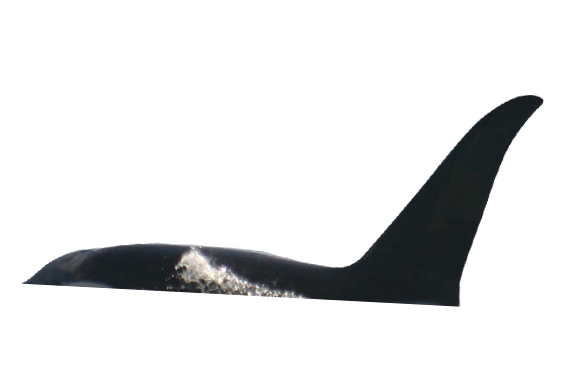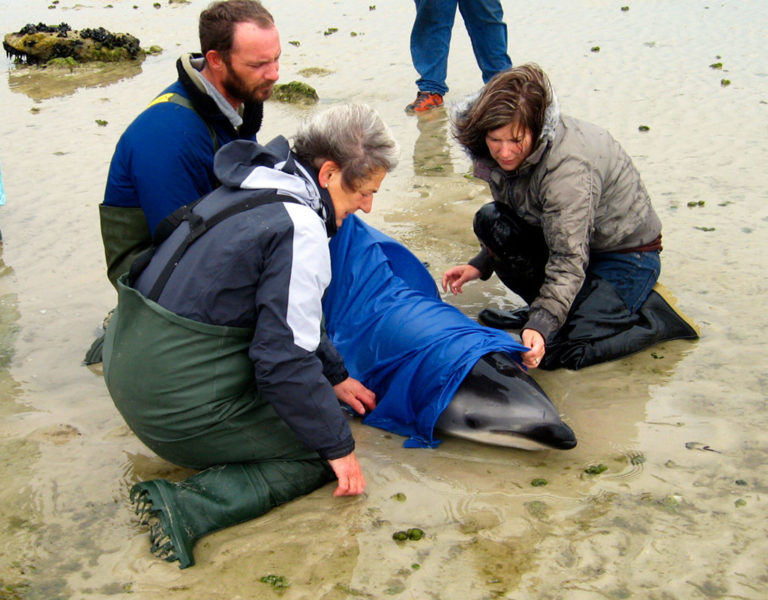
CETACEAN STRANDING
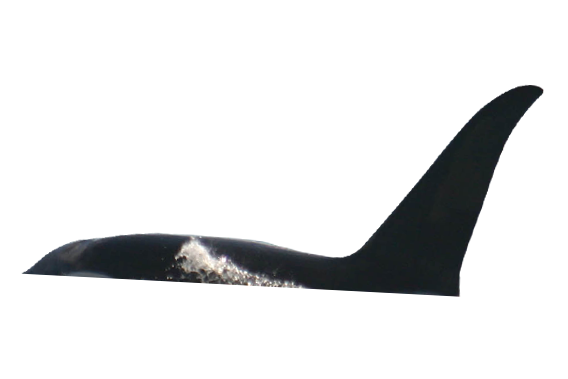
AND RESCUE
The extensive coastline of the Falklands is a haven and feeding ground for whales and dolphins and as many as 25 species have been recorded around the shallow coasts to the deeper oceanic waters. Certain species and individuals are more susceptible to stranding, in some cases it is because they are oceanic species and therefore are not familiar with the coastline and tidal patterns and can find themselves trapped or caught in shallow bays and harbours. Some animals strand because they are ill, diseased or old and others can strand in large groups that have tight cohesive pods such as the pilot whales. As many as 250 long-finned pilot whales in a single pod alone have stranded on the Falkland’s coast.

At least 24 cetacean species have been recorded stranded at the Falklands. The long-finned pilot whale are the most numerous. Killer whales in small numbers have been reported stranded in small numbers at Sea Lion Island where large numbers of elephant seals breed.
Stranded cetaceans offer rare opportunities to understand more about the cetaceans that utilise the oceans around the Falklands, from understanding pod structure to genetic sampling. In January 2017 a female spectacled porpoise stranded in the Falklands, the opportunity to document and examine this rare and one of least known about cetaceans in the world was taken and the specimen was sent frozen to the Natural History Museum in the UK.
An Island Cetacean Stranding Database records all known incidents and people are encouraged to report any stranding events that occur; even when it is too late to help the animals involved, studying stranded cetaceans can reveal important information about these species, and help further conservation efforts.
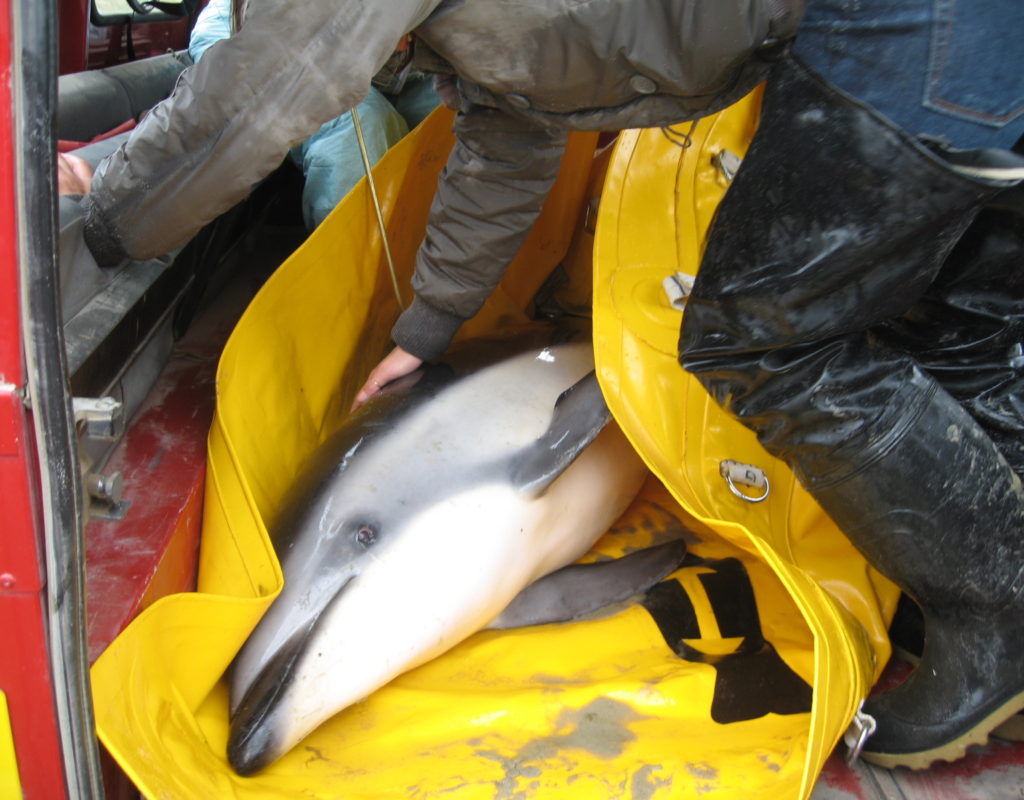
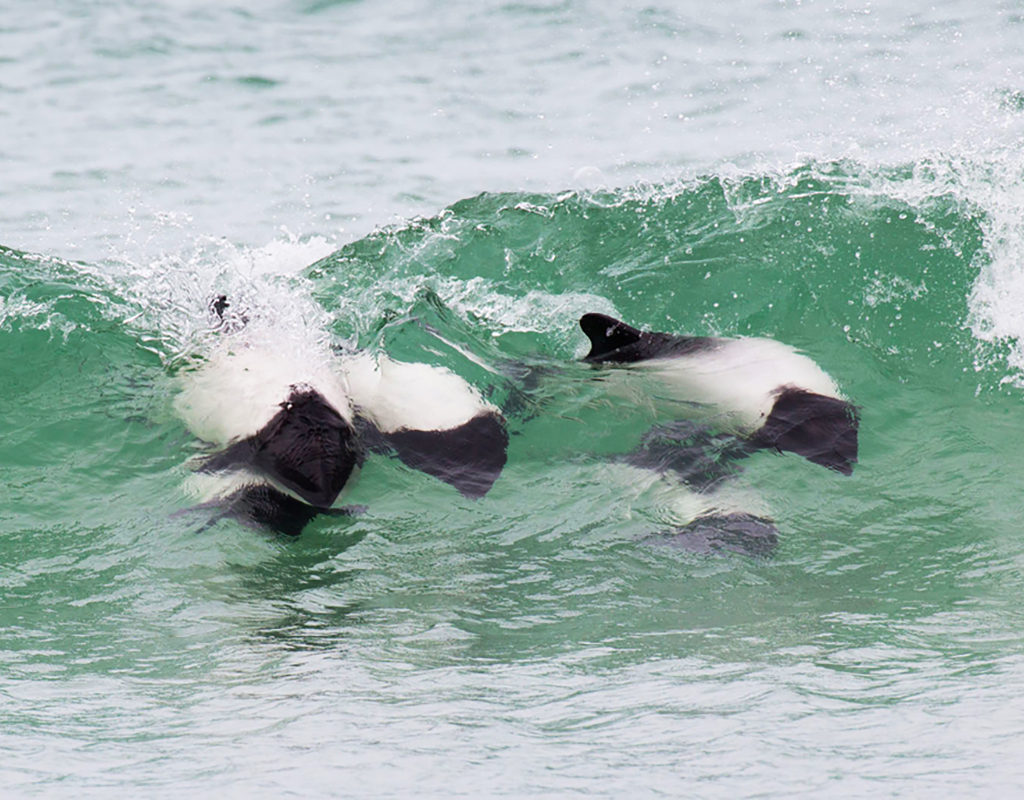
Cetacean Rescue
Due to the remoteness and extensive coastlines of the Falklands whale strandings are often only reported days or even weeks after the event. In a few cases a small number of cetaceans have been rescued and re-floated including killer whales and dolphins. A re-floatation pontoon and slings were donated to FC by the British Divers Marine Life Rescue in 2002.
